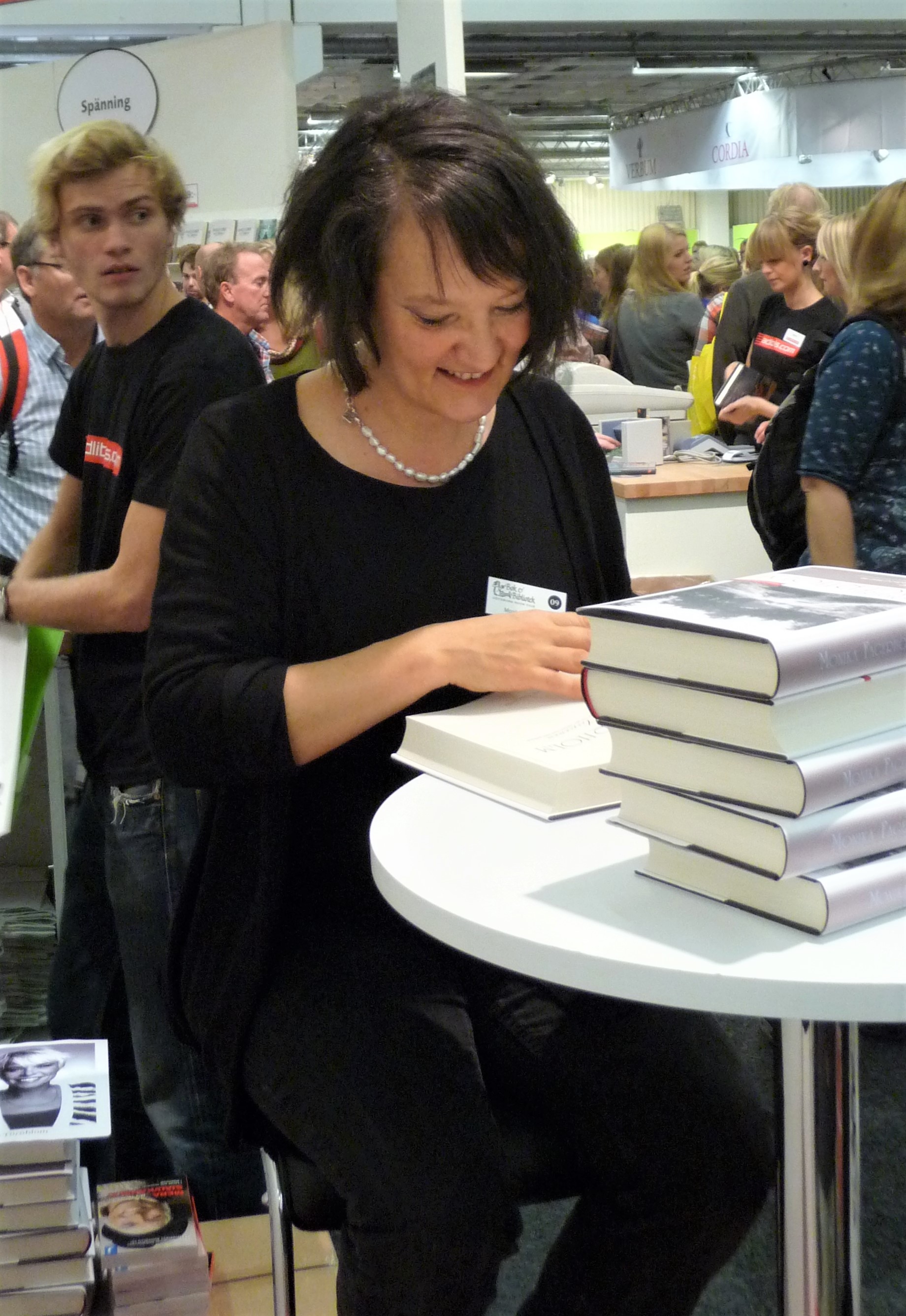Monika Fagerholm (b. 1961)
Works such as 'Wonderful Women by the Water' established Finnish Monica Fagerholm as a feminist writer.

The Finnish-Swedish writer Monika Fagerholm, born in Helsinki in 1961, made her debut in 1987 with Sham, followed in 1990 by Patricia, both collections of short stories. These volumes established several key themes, notably the use of irony to pinpoint the ambivalent relationship between individualism and social expectations.
Her breakthrough came in 1994 with the novel Underbara kvinnor vid vatten (1994) (Wonderful Women by the Water, 1997). Set in the 1960s, the book deconstructs the societal implications of the women’s liberation movement along with the promises of modernisation and consumerism. Fagerholm continued her investigation into social homogenisation and the suppression of originality in Diva (1998) and Den amerikanska flickan (2005) (The American Girl, 2010).
In Den amerikanska flickan, Fagerholm also began experimenting with the novel's form, drawing on a range of genres to peel back the complex layers of human relations. For this novel Fagerholm was awarded the August Prize in 2005.
Further reading:
- G. C. Schoolfield, ed., A History of Finland’s Literature (Lincoln and London: University of Nebraska Press, 1998).